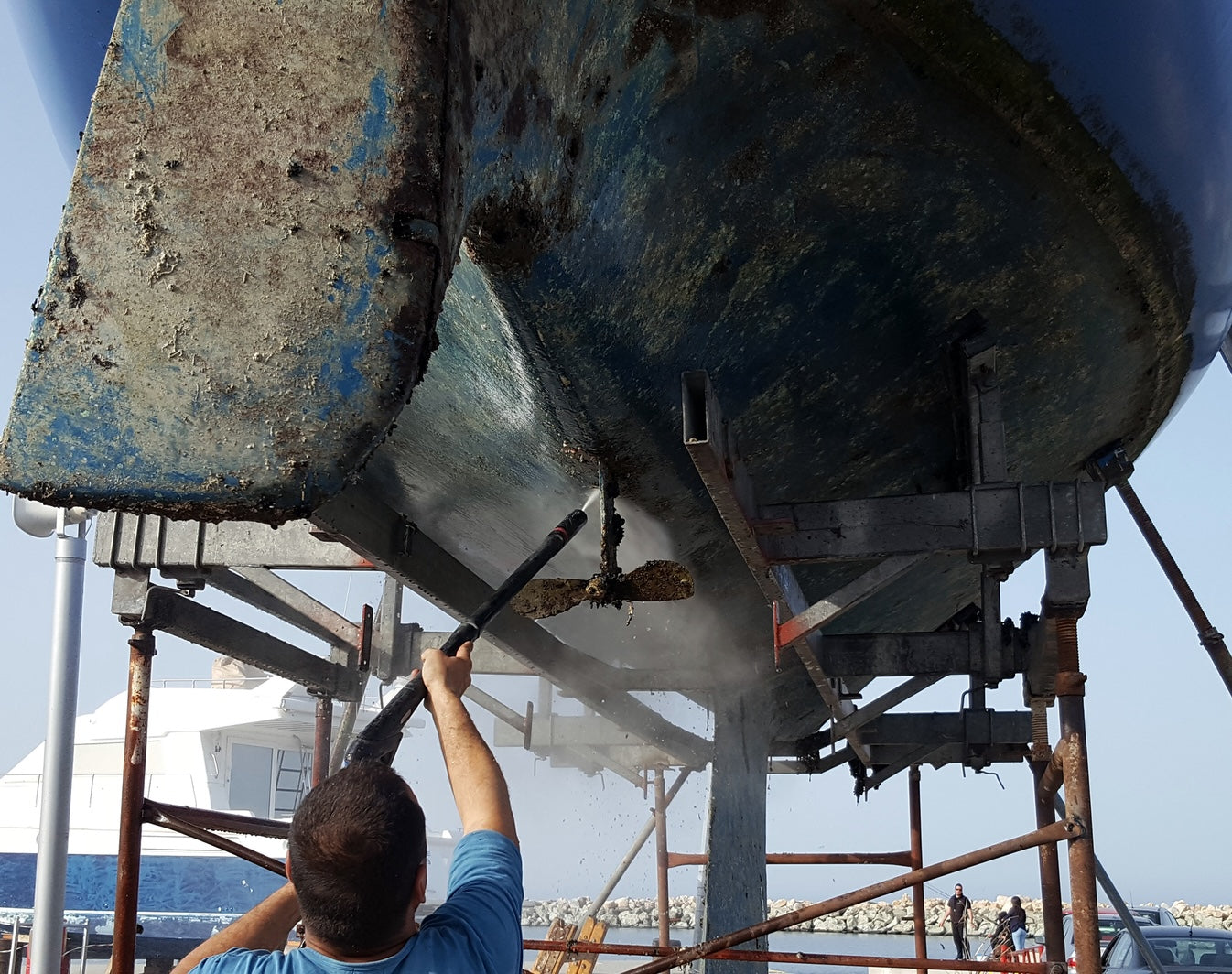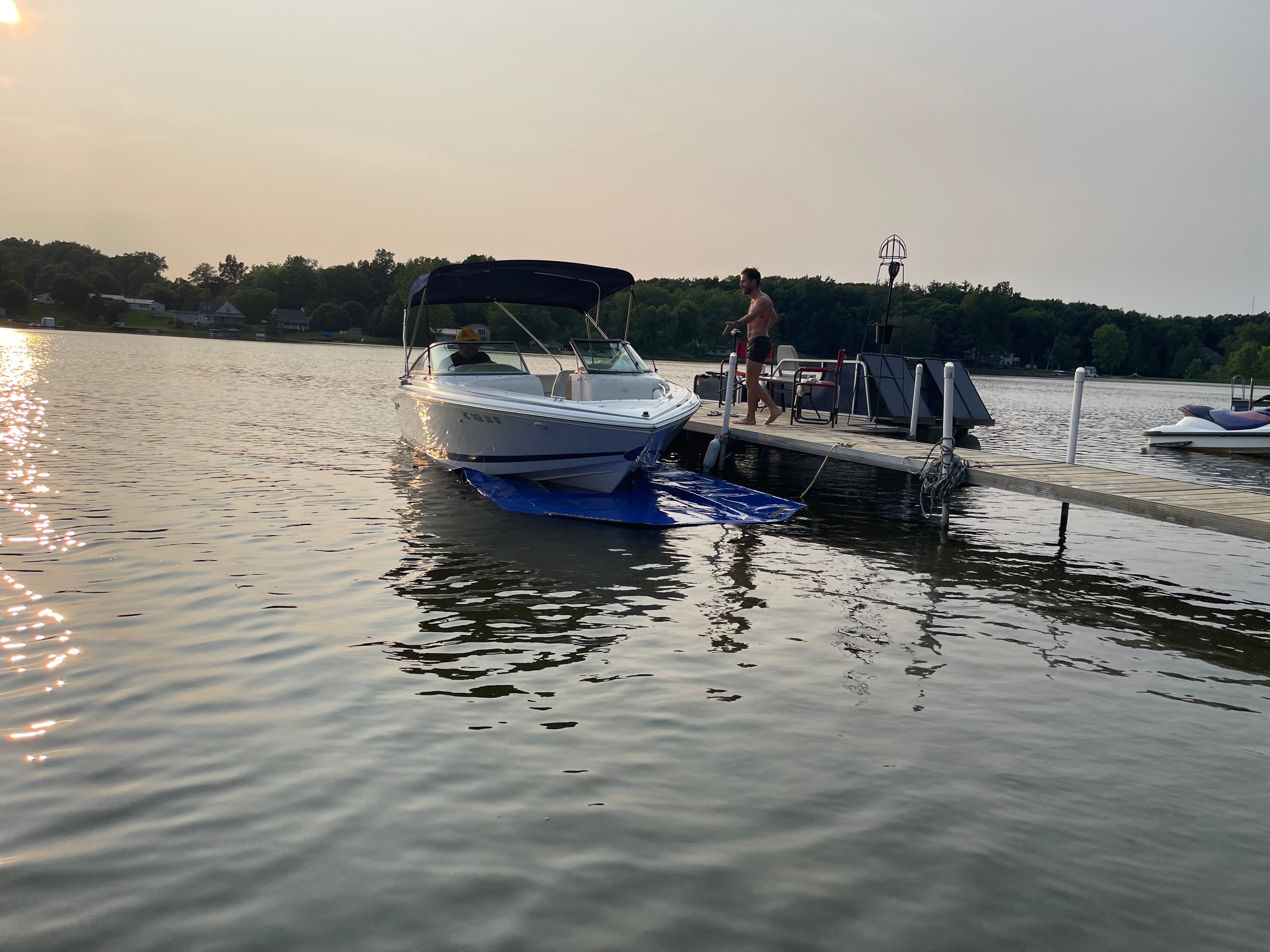Why Not Biofouling Paint But Instead the Boat Bottom Protector?
Let our novel technology save you money, time and the environment!
Transform Your Experience Toward
Protect the Environment & Save Money
From

Antifouling Paint
- High Product Cost
- Hight Application Cost
- Reapply Regularly
- Costly Removal of Boat from Water
- Increase Fuel Consumption
- Harms the Environment
To

The Boat Bottom Protector
- Affordable Product Cost
- No Annual Upkeep Cost
- Lasts for 10 years!
- No Need to Remove your Boat from the Water
- Lowers Fuel Consumption
- Protects the Environment
Where does the cost come from for painting?
Hard Painting
- The cost of removing the hard paint build up every year
- Bottom paint remover $50 gallon
- Cost of having a company do this once a year for the boat
- Primer needed
Soft Painting
- The sealcoat system works when the fivers move in the water and are not very effective when the boat is stationary
- Most require 2 coats since they are designed to wear away over time
- $300 to $350 per gallon and need to do two coats
- Reapply every year or two years depending on usage
- Cost of having a company do this once a year for the boat
Your Return of Investment with The Boat Bottom Protector!
| Boat Size | Self-Polishing Paint | Return of Investment With Us | Hard Paint | Return of Investment with Us |
|---|---|---|---|---|
| 20-30 ft | 2 gallons = $600 $2500 pay off for the paint in four applications where each application last for about 1.5 years |
1961 | ||
| 30-40 ft | The Eagles | 1972 | ||
| 40-50 ft | Earth, Wind, and Fire | 1975 | ||
| 50-60 ft | Earth, Wind, and Fire | 1975 |
Biofouling on a boat's hull can dramatically impact its performance
Research has shown that biofouling can increase a ship's resistance in water by as much as 20% to 60%.
26 Foot Boat
- Uses around 20 to 25 gallons of fuel per hour of operation,
- The increase in resistance could lead to a 40% surge in fuel consumption,
- Pushing that hour's usage closer to 28 to 35 gallons.
50 Foot Boat
- Consumes around 50 to 60 gallons of fuel per hour,
- The increase in resistance could lead to a 40% surge in fuel consumption,
- Biofouling could elevate the hourly consumption to a staggering 70 to 84 gallons.
